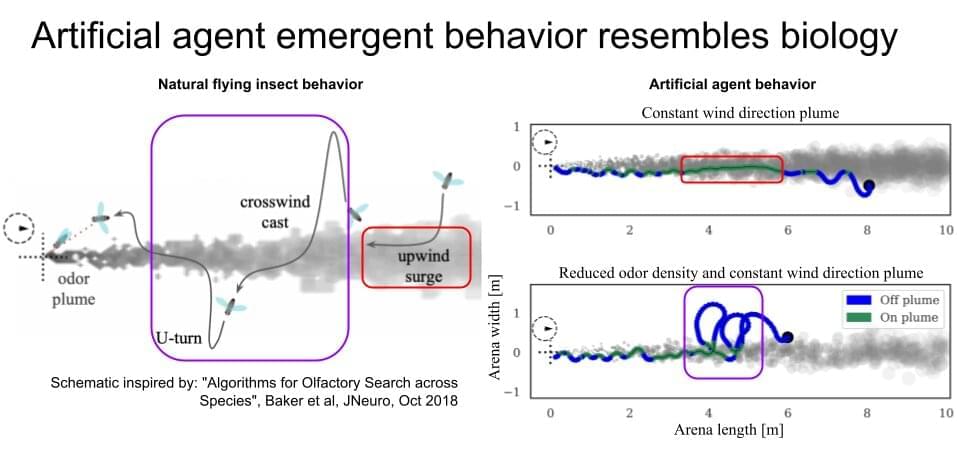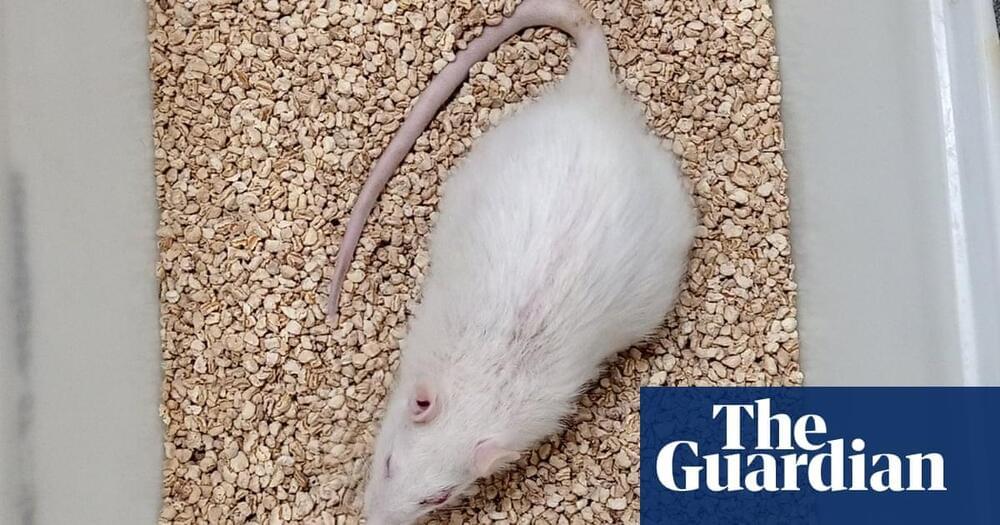For a long time, scientists and engineers have drawn inspiration from the amazing abilities of animals and have sought to reverse engineer or reproduce these in robots and artificial intelligence (AI) agents. One of these behaviors is odor plume tracking, which is the ability of some animals, particularly insects, to home in on the source of specific odors of interest (e.g., food or mates), often over long distances.
A new study by researchers at University of Washington and University of Nevada, Reno has taken an innovative approach using artificial neural networks (ANNs) in understanding this remarkable ability of flying insects. Their work, recently published in Nature Machine Intelligence, exemplifies how artificial intelligence is driving groundbreaking new scientific insights.
“We were motivated to study a complex biological behavior, odor plume-tracking, that flying insects (and other animals) use to find food or mates,” Satpreet H. Singh, the lead author on the study, told Tech Xplore. “Biologists have experimentally studied many aspects of insect plume tracking in great detail, as it is a critical behavior for insect survival and reproduction. ”.






